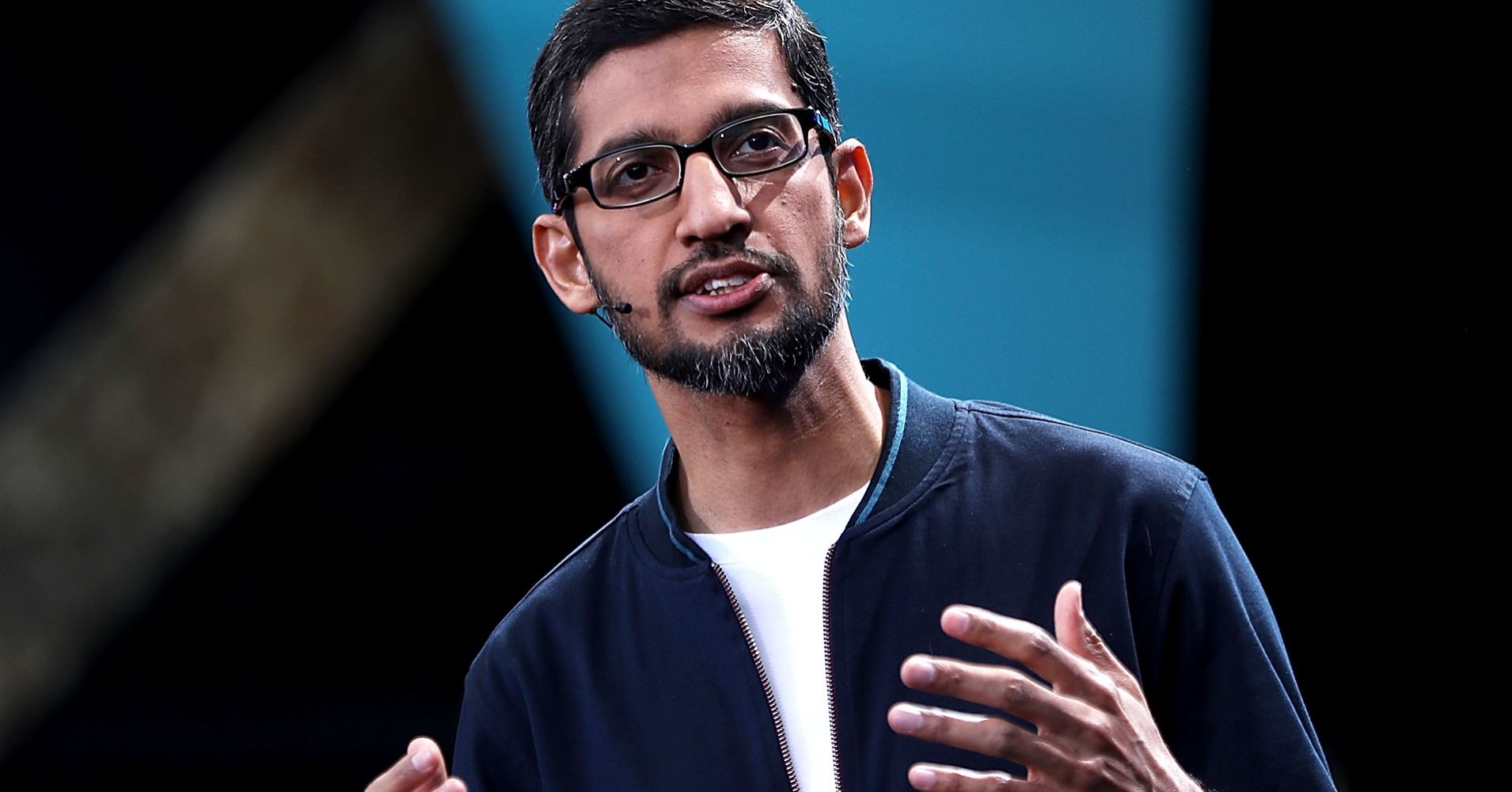
Google refuses to confirm if they’ve been developing a censored search engine for China. This comes after reports of the project were released. Soon, however, they might have no choice but to come clean. A group of both Democratic and Republican Senators have penned a letter to Google Chief Executive, Sundar Pichai, demanding answers. While not unheard of, it is good to see Senators from both sides of the floor coming together with the same goal – understanding Google’s intentions with this. I’d also like to point out that this kind of thing that could be avoided if tech companies were regulated more. I’m not necessarily of the opinion that they should be regulated, but more and more reasons are coming forward that suggests that it should be considered.
The group of Senators, who are being led by Marco Rubio, want to know once and for all whether Google is developing a version of their search engine that will work behind the “Great Firewall”. They believe that this move is “deeply troubling”, pointing out that it risks making Google complicit in human rights abuses because of the Chinese censorship laws. While Google has yet to confirm this project, it’s easy to see why the Senators would be concerned. The search engine would automatically be able to identify and remove websites blocked by China’s firewall from the results page. Google used to something similar for their Chinese homepage, but back in 2010 it ultimately stopped censoring results after a cyberattack compromised the Gmail accounts of dozens of Chinese human rights activists.
Let’s take a step back for a moment though and really talk about why this is a problem. In a free market, a company can really do whatever it wants, so long as it’s not breaking any laws, right? So the big question is whether or not Google would be breaking any laws by doing this? The short answer is yes – they would be enabling a system to violate human rights laws. Given that they’re an American company, and I’m not a lawyer, this is a bit fuzzy, but it has bad news written all over it. Even if they’re not committing any crimes by doing this, it looks really bad, doesn’t it? What is the public perception like for a tech giant who enables a government to commit human rights atrocities?
What Rubio and the other lawmakers want to know is what has changed over the last eight years that has made Google suddenly comfortable with working in China. They believe that this project if it exists, sets an incredibly worrying precedent. If the country’s government can force the biggest search engine in the world to comply with its censorship requirements, then smaller entities would have a hard time entering the market without compromising their values. And it’s this reason that I think lawmakers should take a closer look at tech companies from a regulatory perspective.
The Senators want to know whether Google plans to require their employees to attend mandatory training on “Marxist news values”, which is a requirement for companies that run online news services in China. It sounds ridiculous, but, it’s a valid question. Lastly, Rubio wants to know whether or not Google will turn over users’ search histories if the Chinese government demands it? Again, another valid question. This censored search engine is just speculation at this point, but it’s getting a lot of press so something is likely up.



